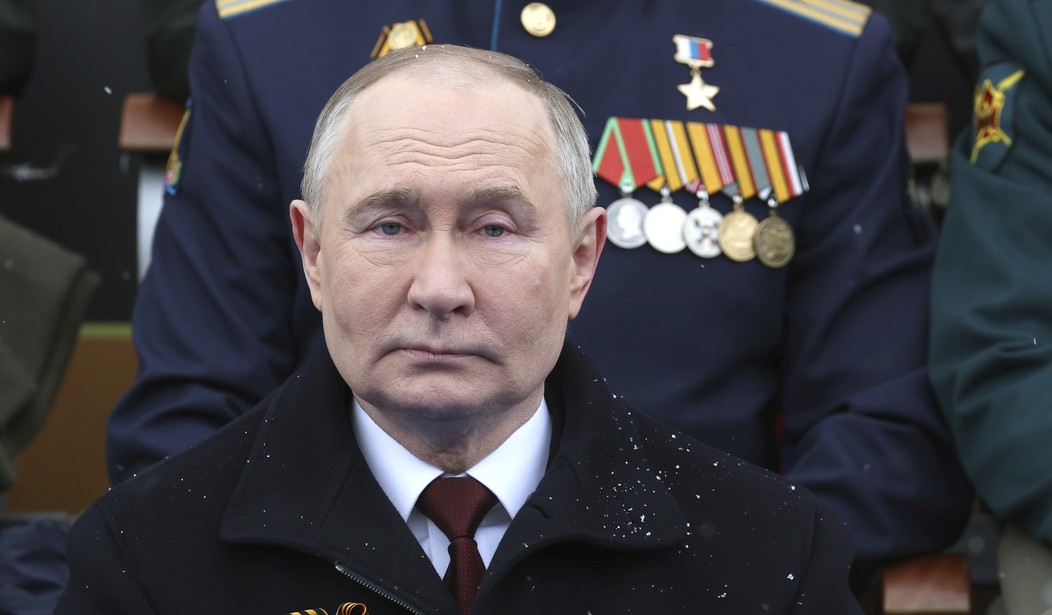Russian President Vladimir Putin recently commented that he would prefer to see Vice President Kamala Harris win the presidential election in November.
His comments set off a series of speculations about how United States foreign policy might look if either candidate is elected.
Putin’s seeming endorsement of Harris has also raised questions about his motives and who he believes would be more beneficial to Russia’s interests. Former President Donald Trump chimed in on Putin’s comments, characterizing them as a sort of chess move.
“[Putin] endorsed Kamala,” Trump said on Saturday. “I was very offended by that. I wonder why he endorsed Kamala. No, he’s a chess player. Congressman, should I be upset about that? Was it done with a smile, Ron [Johnson]?”
Trump then claimed “no one in history had been tougher on Russia than Trump,” and remarked the Ukraine war would be “done” if he is elected. Putin had also remarked that Trump placed “so many restrictions and sanctions against Russia like no other president has ever introduced before him.”
U.S. Deputy Attorney General Lisa Monaco claimed on Wednesday that Putin’s words about Harris might not have been genuine and alleged that he asked three Russian companies to use fake profiles to promote false narratives on social media to boost Republicans.
During the interview in which Putin seemingly endorsed Harris, he explained that the vice president “laughs so expressively and infectiously that it means that everything is fine with her.” He also noted that Trump “has imposed as many sanctions on Russia as any president has ever imposed before, and if Harris is doing well, perhaps she will refrain from such actions.”
It’s not possible to truly understand Putin’s motives. Perhaps he believes his endorsement might harm Harris’ chances of winning because he would rather deal with Trump in office. It is also possible that the Russian president is simply playing mind games or his own version of chess.
Still, it seems more likely that Putin would favor a Harris presidency, which could be an extension of Biden’s policy toward Russia, over that of Trump, who was far more aggressive while he was in the White House.
Trump’s critics often complained about Trump’s complimentary remarks about the Russian president, claiming it shows the former president was not taking the threat seriously. They also used Trump’s comments to further the false narrative that he colluded with the Kremlin to swing the outcome of the 2016 election.
Yet, Trump’s actions did not necessarily mirror his rhetoric. His administration took numerous actions against the Kremlin and its allies while in office.
The Trump White House slammed Russia with a multitude of sanctions targeting Russian oligarchs, government officials, and other entities.
The former president also expelled 60 Russian diplomats from the United States in 2018 in response to the poisoning of a former Russian spy in the United Kingdom.
President Donald Trump on Monday ordered the expulsion of 60 Russian diplomats the US identified as intelligence agents and the closure of the Russian consulate in Seattle, the most forceful action Trump has taken against Russia to date. Of those being expelled, 48 of the alleged intelligence agents work at the Russian embassy in Washington and 12 are posted at the United Nations in New York, senior administration officials said.
Under former President Trump, U.S. special forces conducted an operation in Syria in February 2018, killing hundreds of Russian soldiers. "In Syria now, a handful of weeks ago, the Russians met their match," former Secretary of State Mike Pompeo said. "A couple hundred Russians were killed."
Conversely, the Biden administration has not been quite as tough on the Kremlin as the previous administration. Some have even speculated that had Trump remained in office after 2020, Putin would never have invaded Ukraine.
While we cannot know Putin’s true motives, the fact remains clear that under another Trump administration, U.S. foreign policy toward Russia will likely be more aggressive, a reality that cannot be lost on the Russian president.













